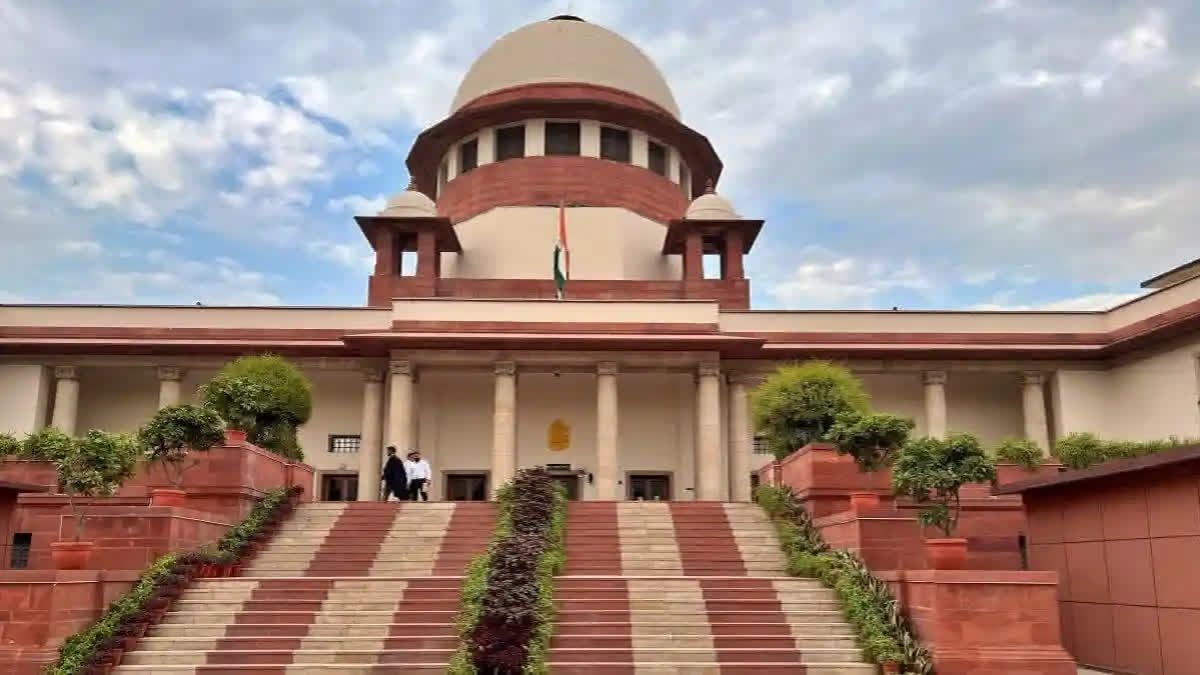New Delhi: The Supreme Court said that it is important to protect and uphold the dignity of the court and the majesty of law, and stressed that a contemnor ought to be punished with imprisonment for making libellous and motivated allegations against the court and its judges.
The apex court said that an apology must evidence remorse with respect to the contemptuous acts and is not to be used as a weapon to purge the guilty of their offence, and it cannot accept an apology lacking in sincerity.
“We are in complete agreement with the decision of the High Court (Delhi HC) on the need to maintain the dignity and reputation of judicial officers and to protect them from motivated, libellous and unfounded allegations”. The high court had rejected the apology tendered by the appellant and sentenced him to three months jail.
“We are also of the opinion that the High Court was correct in not accepting the apology tendered by the appellant since it was not bonafide and lacked in sincerity, apart from being belated and a mere ‘lip service’”, said the bench, in its judgment delivered on January 30, while upholding conviction of a practising advocate and a former Army personnel for contempt of court.
However, the apex court modified sentence of three months jail awarded to appellant advocate Gulshan Bajwa to till the rising of the court, after considering his age and certain medical ailments. Bajwa claimed that judges were biased against him and no notice was served upon him.
The bench said the appellant’s conduct before the high court and also before the apex court amounted to undermining the system of the law and interfering with the course of justice administration.
The apex court said the Delhi High Court observed a pattern in the behaviour of the appellant. “He has had a habit of misbehaving with a bench which is not agreeing with him. The misbehaviour goes to the extent of casting aspersions and threatening the judges hearing the matters," said the bench.
“We are of the opinion that the High Court correctly rejected the apology. An apology must evidence remorse with respect to the contemptuous acts and is not to be used as a weapon to purge the guilty of their offence. Further, an apology lacking in sincerity and not evidencing contriteness, cannot be accepted”, said the bench.
In 2006, the high court held the lawyer guilty for contempt of court, as he threatened a lady counsel after seeking adjournment in a matter. The apex court said that it is a long-drawn case in which the appellant has been committing successive acts of contempt and took note of seven instances which the high court took into account. “In all those cases, the egregious act of contempt of the appellant was recorded," said the bench. The appellant said the threat to the lady counsel was nothing but an elderly advice.
Read More



